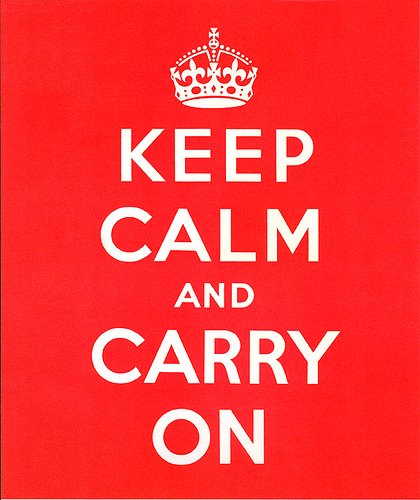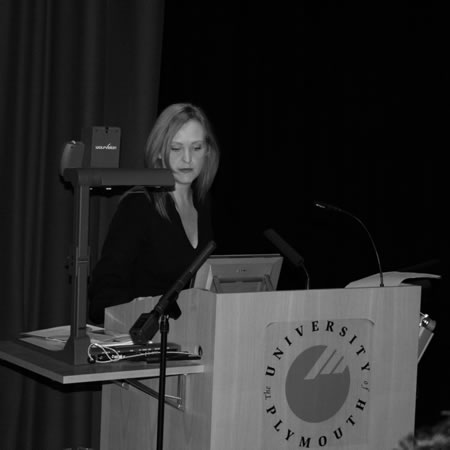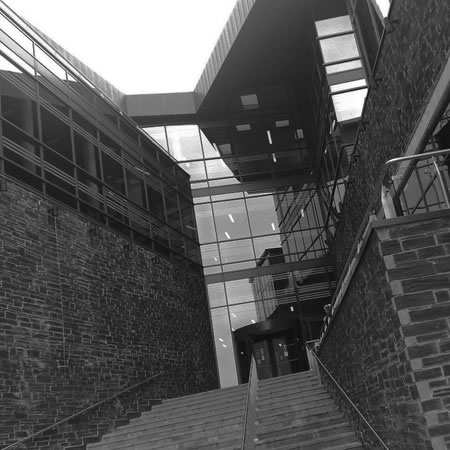So it’s the start of the Plymouth e-Learning Conference down here in, well… Plymouth.
A packed day with an excellent keynote expected from Josie Fraser.
The use of social media platforms, tools and practices are increasingly recognised as a critical way to facilitate learning and teaching and staff development. Josie Fraser explores how the shift towards more informal and less centrally controlled forms of communication and activity has come about.
Focusing on two critical concepts – digital identities and digital communities, Josie will explore the opportunities and issues that these present the education sector with, and the role they can play in designing and facilitating learning.
I am after the coffee break tempted by a couple of sessions. One of these is Twitter is dead: Reflections on student resistance to microblogging by Tony McNeill from Kingston University.
This paper will argue that Twitter occupies an awkward space: neither part of the institutionally supported digital environments and toolset accepted by students and used within their ‘curricular sphere of practice’ nor currently part of the digital services used in their ‘personal sphere of practice’. As such, Twitter initiatives risk being marginalised, falling outside the repertoire – both ‘imposed/top-down’ and ‘vernacular/bottom up’ – of the technology-enabled communicative practices of the students we wish to engage.
The other is Technologies Are Bad News for Adults Who Work With Children with Simon Finch of the Northern Grid for Learning.
Not so long ago if a teacher wanted to communicate with a student they would either speak with them or write a note in the learners’ book, or on their assignment. If they wanted to communicate with the learners’ parents, they would phone or write. Today, with increasingly accessible, affordable and usable social media, teachers and learners can communicate anytime, anyplace and anywhere. Digital cameras, mobile phones, micro projectors, and internet access can all be powerful tools to support learning and yet increasingly teachers struggle to manage their digital identities and interactions – sometimes with serious consequences.
As with many conferences there is another session on at the same time that I would also like to go to – ASSET: Enhancing feedback provision using video.
ASSET is a JISC-funded project led by the University of Reading which aims to tackle the sector-wide issue of improving feedback provision for students. ASSET uses Web 2.0 technologies to support staff in providing ‘feedforward’ and timely, quality feedback to students, via video and audio casts.
Another session I will go to, The Sage on the Video- Recorded Stage by Fiona Concannon and Sharon Flynn of the National University of Ireland.
This paper outlines a case study of the use of an automated lecture capture within an Irish university. It considers students’ reported experiences in using and viewing lecture recordings, and the implications of rolling out the service campus-wide.
Over lunch I hope to record (and stream) a live episode of the e-Learning Stuff Podcast as part of the Fringe.
Following lunch there are a couple of sessions that I quite like the idea of, the Learning Cafe which is looking to the future of learning. There is also an interesting sounding workshop, How to use social software to boost learning.
There is no doubt that web 2.0 and the use of social software has changed the way people use the Internet. The majority are familiar with tools like social networks, blogs and wikis. The fact that social software can support students while they are using an e-Learning environment or a personal learning environment is widely accepted.
But how exactly does social software support users? Which social software concepts should be used, and which should not? What can they be used for? And how can technologies, available today, help us to design a better education?
The goal of this workshop is to raise awareness that social software has to be integrated intelligently and as a form of connection between different techniques. It is not enough to add a specific gadget, there has to be a particular benefit. Educators have experiences on how to design lectures and computer scientists know what technologies are available to support learners. Interactive tasks will involve the audience to exchange experiences from a technical and an educational perspective.
Hmmm, choices, choices.
Later on, after the tea break, I think I will go to Fleur Corfield’s session, entitled, Supporting an Innovative Curriculum in a Traditional HE Environment.
Universities have a recognised need to react to a changing environment, from changes in the economy to government initiatives with a focus on widening participation. There is acknowledged need for them to fit this changing environment by taking a new approach to course/ product development.
There are a couple of sessions later that sound good, including Zak Mensah’s Methods and merits of good design practices for digital media.
Digital media: where to start? In this session we explore why you may wish to consider digital media, and how appropriate preparatory design of digital media supports the creation of good resources for teaching and learning. We focus on the challenges of using digital media, and offer suggestions for meeting these challenges.
Tonight is the conference dinner with Snorkel the Turtle, who is not on the menu, but will be swimming around the tanks of the National Aquarium.









